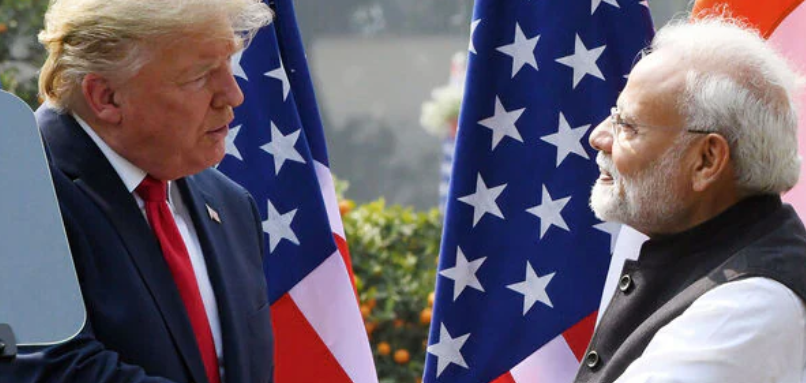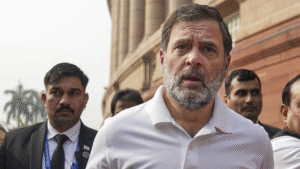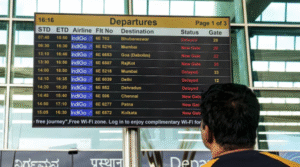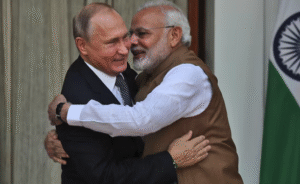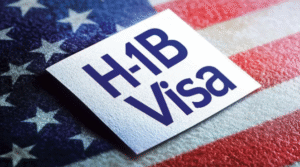The steep US tariffs on India came from Donald Trump’s personal grudge, according to a report by Jefferies, a US financial services company. The report revealed that Trump imposed an unprecedented 50% tariff on Indian goods after New Delhi rejected his attempt to mediate during hostilities with Pakistan.
Trump Wanted Nobel Peace Prize Recognition
Jefferies noted that Trump reacted angrily when India refused third-party mediation in the Kashmir dispute. India has always insisted on resolving issues with Pakistan directly, without outside intervention. Despite this stance, Trump claimed he prevented a “nuclear war” between India and Pakistan by pressuring both nations with tariff threats.
The report explained that Trump wanted to showcase himself as a global peacemaker. He believed a successful mediation would boost his chances of winning a Nobel Peace Prize. India’s rejection left him frustrated, and his administration responded with harsh economic measures.
Tariffs Hit Strategic Partnership
On August 27, the United States enforced the highest-ever tariffs on India, setting the rate at 50%—the highest among all American trading partners. This move strained the longstanding strategic relationship between Washington and New Delhi, which had been vital in countering China’s growing influence in Asia.
Jefferies highlighted that Trump’s decision stemmed less from trade concerns and more from his personal pique. His bruised ego worsened tensions and pushed bilateral ties into a downturn.
Agriculture Disputes Added Pressure
Beyond the Kashmir issue, agriculture emerged as another sticking point. The Trump administration demanded greater access to India’s agricultural and dairy markets. However, India treated these sectors as red lines due to the livelihoods at stake.
Nearly 250 million Indian farmers and laborers depend on agriculture, which makes up around 40% of the nation’s workforce. India refused to compromise on these markets, leaving the bilateral trade deal, under discussion since March, in limbo.
India Holds Its Ground Despite Costs
India refused Trump’s mediation offers despite knowing the economic costs of rejection. Jefferies said India’s “red line” on Kashmir mediation remained firm, even when tariffs threatened its exports. This stand left Trump without the diplomatic victory he wanted and deepened his frustration.
Impact on India-US Relations
The fallout from these tariffs has weakened ties between two major allies. While India continues to play a critical role as a counterbalance to China in Asia, the Trump administration’s approach has created uncertainty in the relationship.
The Jefferies report concluded that Trump’s decisions on US tariffs on India reflect personal motives rather than long-term policy goals.


